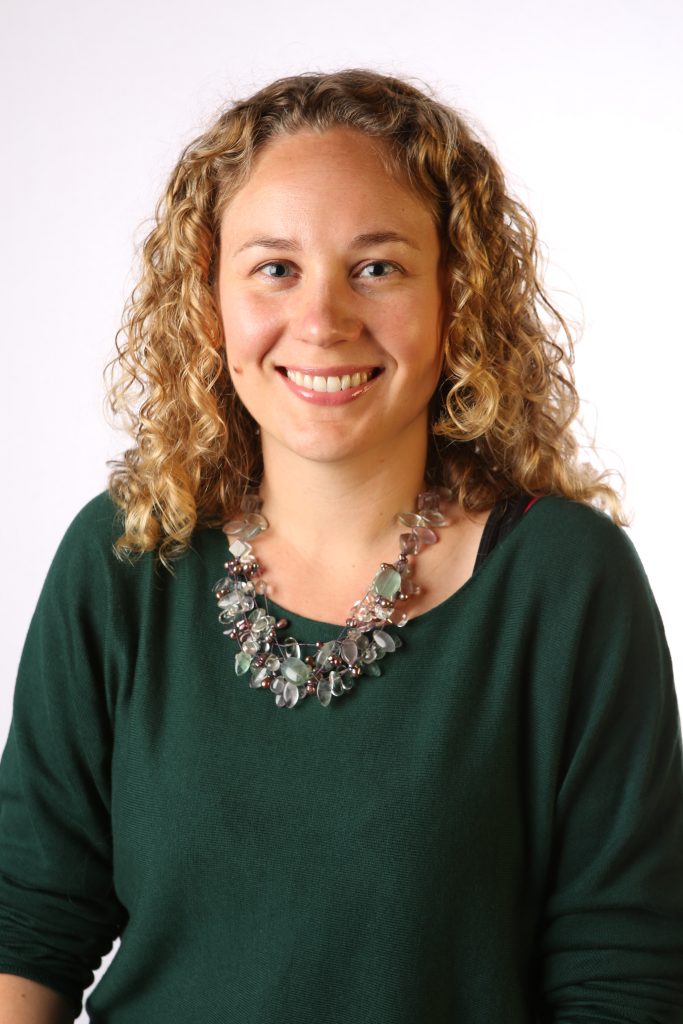Sarah Walsh is a postdoctoral research associate at the University of Sydney. She lives in Sydney, New South Wales, Australia, and has been a member since 2012.
Website: https://sydney.academia.edu/SarahWalsh
Alma maters: BA, Boston College, 2003; MA, University of Maryland, College Park, 2009; PhD, University of Maryland, College Park, 2013
Fields of interest: Latin America, race, eugenics, anthropology, biology, evolution, gender and sexuality
Describe your career path. What led you to where you are today? I am currently a postdoctoral research associate for the Race and Ethnicity in the Global South project. My dissertation was about eugenics in Chile, so it was a pretty obvious fit to work in a collaborative environment focused on race. I was lucky to be able to go directly from finishing my PhD to my current position. It has really opened up my research on race in Latin America to new methodologies and ideas.
What do you like the most about where you live and work? Sydney is one of the most beautiful cities in the world and it feels like a real privilege to live here. I think one of the really great things about the city is that it is able to incorporate so much natural beauty into an urban landscape. It also has some of the best coffee I have ever had. As for the University of Sydney, it has been an incredibly welcoming environment and I feel so lucky to have met such supportive colleagues.
What projects are you currently working on? I have a few different projects currently underway. First and foremost, I am writing my manuscript for my first monograph entitled The Religion of Life: Race, Eugenics, and Catholicism in Chile. It examines how the eugenics movement in Chile developed in conjunction with the influence of the Catholic Church there. I am also co-editing a special issue of a journal focusing on race science in the Latin world that is nearly done! Finally, I am writing a book chapter about the Ibero-American Plaza in Sydney as a space of multicultural memorialization.
Have your interests evolved since graduation? If so, how? My interests have definitely evolved and expanded since graduation. My dissertation was very focused on eugenics in Chile, but I now see that as a starting off point to consider a lot of other issues. I am much more broadly interested in human difference as conceptualized via scientific enquiry. I am also increasingly intrigued by the historical similarities that Australia shares with some parts of Latin America. I have also started to think about monuments and art works as a means of thinking about how race is visualized.
What’s the most fascinating thing you’ve ever found at the archives or while doing research? I have recently been doing research on historical monuments and the amount of correspondence and dialogue about these objects is really striking. For example, the city of Sydney’s decision to honor the contributions of Latin American migrants in the late 1980s inspired other Iberian-related communities in Sydney to insist on being included in the project. I found a letter from the Portuguese Consul-General written in 1994 explaining that they objected to being overlooked in this process because of Portugal’s contributions to seafaring and exploration of the south Pacific.
Is there an article, book, movie, blog etc. that you could recommend to fellow AHA members? As a historian of science and medicine, one of my favorite podcasts is Sawbones: A Marital Tour of Misguided Medicine. The wife-and-husband team of Dr. Sydnee McElroy and Justin McElroy choose a different medical topic each week and discuss its development over the course of human history. Dr. McElroy provides the historical and medical content and her husband provides comic relief. It is a really nice way to engage with historical subjects that interest me in a more relaxed way. I think it would also make a really good teaching tool for undergraduate courses.
What do you value most about the history discipline? One of the aspects of history that I have always valued is trying to see events through another person’s eyes, to really put oneself into another historical moment. As historians we try to avoid presentism and evaluating historical actors according to our own contemporary metrics. I think that this skill is valuable not only for historians but is more and more crucial for the times in which we live. There is so much discord at the moment, especially in the United States, that being able to think about another person’s perspective will be extremely important going forward.
Why is membership in the AHA important to you? As an American academic working abroad, being a part of the AHA is essential for staying connected to my mentors, colleagues, and friends in the United States. It helps to keep me informed of how the discipline is growing and changing, so I can ensure that my own research remains relevant to the largest amount of scholars possible.
AHA members are involved in all fields of history, with wide-ranging specializations, interests, and areas of employment. To recognize our talented and eclectic membership, AHA Today features a regular AHA Member Spotlight series.
This post first appeared on AHA Today.
Tags: AHA Today Member Spotlight Latin America Religious History
Comment
Please read our commenting and letters policy before submitting.







